X-rays also known as radiographs, are an essential part of any dental care treatment plan. X-rays are used to diagnose early signs of tooth decay. Teeth and bones are very dense, so they absorb the x-rays while the x-rays pass more easily through gums and cheeks to give a clear view of the health of your teeth, jawbone and supporting tissues.
Use of X-rays
Early tooth decay does not show many physical signs. X-rays are able to detect decay under fillings or between teeth in areas that are not visible to the naked eye. They will also show abscesses and infections in the roots of teeth. They also enable the dentist to determine the level and health of bone present in your jaw. This is especially important prior to orthodontic or dental implant treatment as it can affect the success of any treatment.
In children x-rays can also help to show where their adult teeth will erupt or in adults where wisdom teeth are.
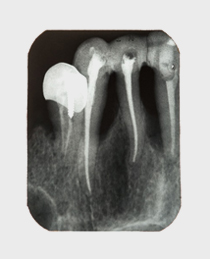
There are various types of x-ray. Some show one or two teeth and their roots, while others can take pictures of several teeth at once.
Some of the most common types of X-rays performed include:
- Periapical – Provides a view of the entire tooth, from the crown to the bone that helps to support the tooth.
- Bite-Wing – Offers a visual of both the lower and upper teeth. This type of X-ray shows the dentist how these teeth touch one another and helps to determine if decay is present between back teeth.
- Panoramic – Shows a view of the teeth, jaws, nasal area, sinuses and the joints of the jaw, and is usually taken when a patient may need orthodontic treatment or implant placement.
- Occlusal – Offers a clear view of the floor of the mouth to show the bite of the upper or lower jaw. This kind of X-ray highlights children’s tooth development to show the baby and adult teeth.
Not all dentists have the facilities to take all types of X-rays. If you require a specialist x-ray prior to treatment you may need to be referred to an alternative surgery. This will ensure that you receive the highest possible quality of care.
Dangers of X-rays
The radiation received from a dental x-ray is incredibly small and much less than is received from natural sources, including minerals in the soil and from our general environment. Constant advances in technology, including the shift to digital imaging plates, and the fact that the dentist will only take X-rays when they are clinically necessary mean that the risk from dental X-rays are kept as small as possible.
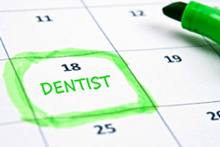
When you first attend a dental practice the dentist will recommend that you have X-rays taken, unless you have had X-rays taken very recently. X-rays help to form a fundamental part of your dental health record and the dentist will build on this every time you visit the practice. If you change dentist, your X-rays and records are not be needed by your new dentist. If they are important, our dental team will ask for your permission to have them set across or ask that you collect them from your old dentist.
After this X-rays are recommended every 9 to 24 months depending on various dental risk factors, including history of decay, age and condition of your mouth.

You should inform the dentist is you know or believe that you may be pregnant prior to any treatment. They will not take x-rays until after the baby is born, unless they really have to.
REMEMBER Prevention is better than cure and that is why x-rays are used.
If you need more information or would like to discuss how dental x-rays are used during your dental treatment call Maidstone Dental & Implant Centre today on 01622 682029 and book a consultation.



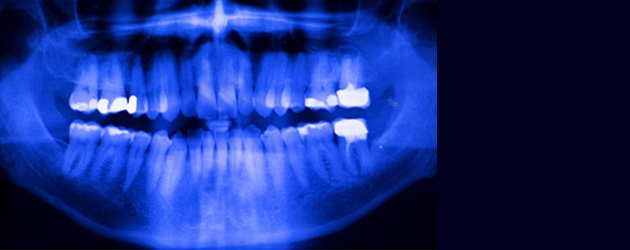

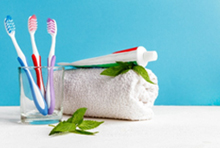 2.Change your toothbrush regularly
2.Change your toothbrush regularly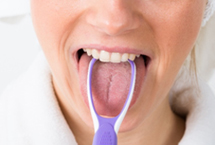 4.Don’t forget your tongue
4.Don’t forget your tongue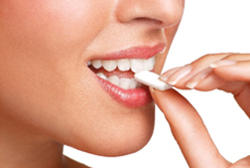 6.Chew sugar free chewing gum
6.Chew sugar free chewing gum 9.Visit the dentist for regularly appointments
9.Visit the dentist for regularly appointments





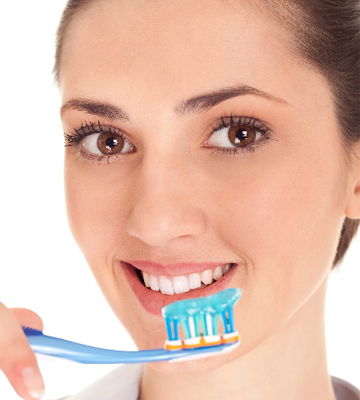
 The key rule to follow is that if a food or drink has the ability to stain your clothes or the tablecloth it also has the ability to stain your teeth. If you are a fan of red wine and black tea, or smoking cigarettes or cigars, expect the results to show up on your teeth. Other culprits to blame for dingy teeth include colas, gravies, and dark juices and berries.
The key rule to follow is that if a food or drink has the ability to stain your clothes or the tablecloth it also has the ability to stain your teeth. If you are a fan of red wine and black tea, or smoking cigarettes or cigars, expect the results to show up on your teeth. Other culprits to blame for dingy teeth include colas, gravies, and dark juices and berries.


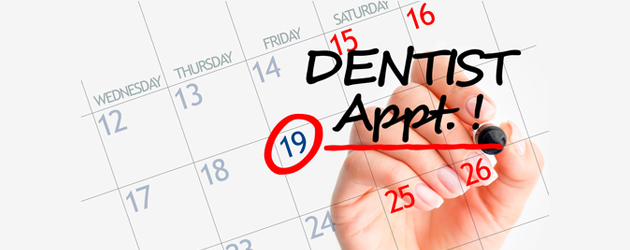
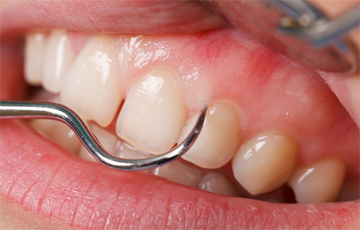
 Tooth decay occurs long before you feel any pain, so waiting until you are in pain before scheduling a dental appointment is a bad idea. By waiting too long you are far more likely to need extensive treatment such as
Tooth decay occurs long before you feel any pain, so waiting until you are in pain before scheduling a dental appointment is a bad idea. By waiting too long you are far more likely to need extensive treatment such as 
 In order to keep your teeth looking their best, it is important that you brush your teeth at least twice a day using a soft bristled toothbrush and fluoride toothpaste and use interdental cleaning aids to clean between teeth daily. If you just brush, you will miss over 40% off your teeth. You should aim to brush for at least two minutes to ensure the most effective clean and spit, don’t rinse as this will allow the fluoride to continue working protecting your teeth for longer. It is also important to ensure that you do not brush too hard as this can cause damage to the teeth and lead to toothbrush abrasion.
In order to keep your teeth looking their best, it is important that you brush your teeth at least twice a day using a soft bristled toothbrush and fluoride toothpaste and use interdental cleaning aids to clean between teeth daily. If you just brush, you will miss over 40% off your teeth. You should aim to brush for at least two minutes to ensure the most effective clean and spit, don’t rinse as this will allow the fluoride to continue working protecting your teeth for longer. It is also important to ensure that you do not brush too hard as this can cause damage to the teeth and lead to toothbrush abrasion.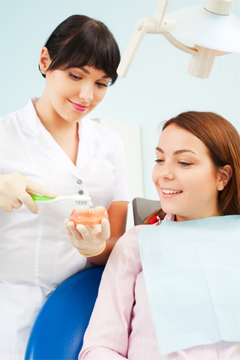 The
The 
